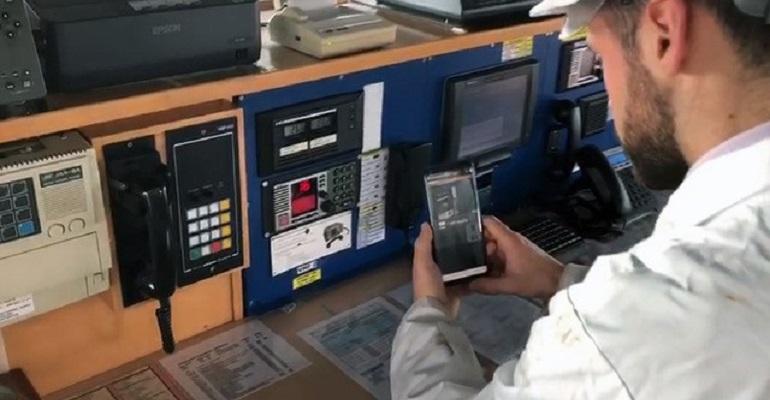The registry has implemented the remote Annual Safety Inspections (ASI) aboard their ships, using remote inspection as a direct response to the major restrictions faced by dispatching inspectors onboard ships under current health guidelines.
“I have to applaud our very experienced and knowledgeable Inspections team for their very practical and real-world solution, which ensures that the flag state is able to carry out its obligation of safety oversight of its fleet in a way that is not burdensome to the vessels, nor puts the health of the crew and inspectors in jeopardy,” said Alfonso Castillero, coo of Liberia International Ship & Corporate Registry (LISCR).
“Flag states must still maintain a culture of safety and oversight over their vessels, especially given the current state of the industry with crews not able to be repatriated timely, and sailing for extended periods in excess of what is allowed,” he said.
The registry’s team was able to liaise with the ship crew remotely via web-based video communication and review the ASI checklist, check documents, check safety equipment, review drills, and inspect the condition of the vessels and functionality of the safety equipment.
The Liberian Registry said the latest move is part of a series of contingency measures implemented in the past few weeks as COVID-19 continues to sweep across the globe.
The registry recalled that it was the first flag state to allow remote vessel closings and instrument recordation, remote class surveys, and now the remote ASI.
“We will always use technology in a positive, proactive, and common-sense way. Honestly, I am surprised that more flag states are not doing the same already, but I am sure most will soon follow. We have to embrace new ways of doing business, yet maintaining safety,” Castillero said.
Copyright © 2024. All rights reserved. Seatrade, a trading name of Informa Markets (UK) Limited.
Add Seatrade Maritime News to your Google News feed.  |

